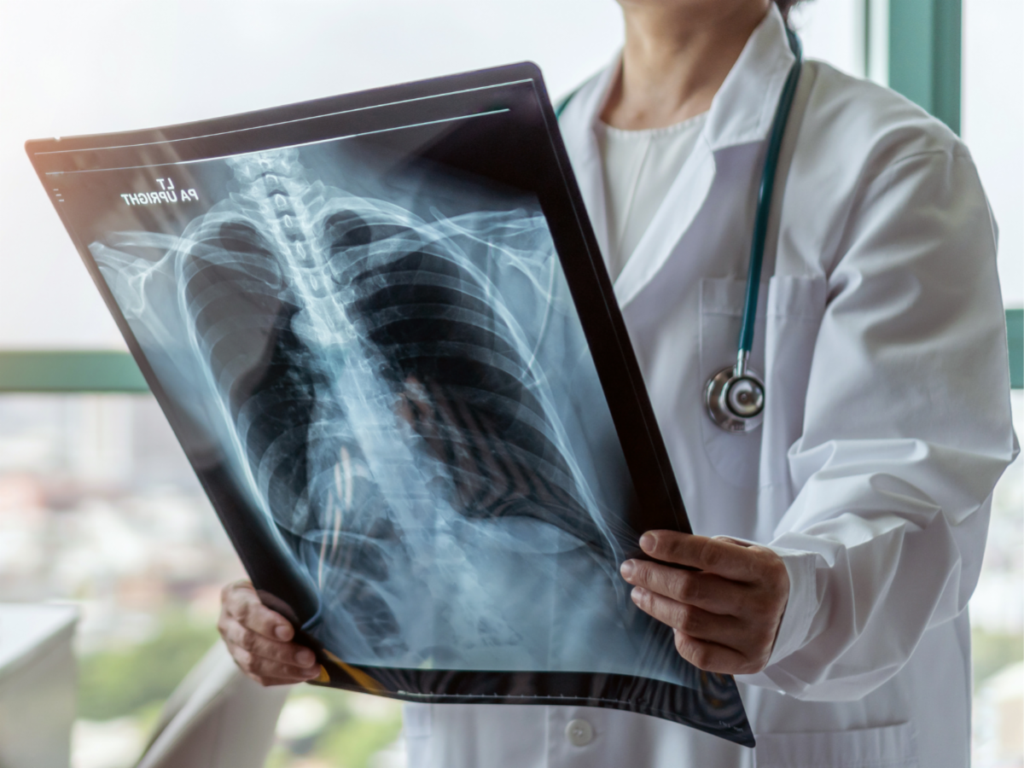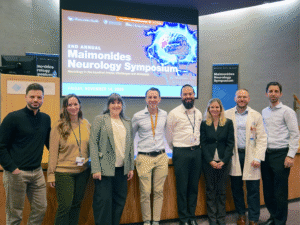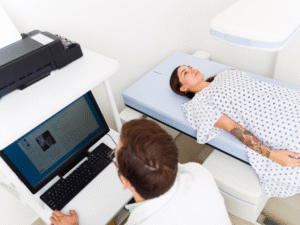Maimonides Health has introduced a dedicated program for pulmonary hypertension—filling a critical gap in care for patients in Brooklyn. Until now, most patients with this condition were referred outside the borough for specialized care.
Steven Sorci, DO, a cardiologist board certified in internal medicine, cardiology, advanced heart failure, and transplant cardiology, leads the program. With expertise in advanced heart failure care, cardiac amyloidosis, and LVAD therapies, Dr. Sorci brings experience from major academic centers to strengthen the Maimonides Heart & Vascular Institute.
“When I joined, I wanted to establish this program,” he says. “We had been referring patients to other facilities, and I felt strongly that we could provide the same level of advanced care here.”
Understanding Pulmonary Hypertension
Pulmonary hypertension is an elevation of blood pressure in the pulmonary arteries. It often develops as a complication of left-sided heart failure, lung disease, or connective tissue disorders, though it can also appear in hereditary or idiopathic forms.
Patients may present with unexplained shortness of breath, fatigue, or dizziness that persists despite standard therapies.
“Those lingering symptoms can be a red flag,” says Dr. Sorci. “Patients with connective tissue disease, interstitial lung disease, or family history also face a higher risk. For them, access to timely, specialized therapy can be life-changing.”
Advanced Diagnostics and Tailored Therapies
The program provides comprehensive diagnostic workups, including advanced imaging and right heart catheterization to measure pulmonary pressures. Once diagnosed, patients receive individualized therapy that may include oral, inhaled, intravenous, or subcutaneous medications.
“These are complex therapies that we tailor to each patient,” Dr. Sorci explains. By offering the full range of treatments, Maimonides delivers the highest caliber of care while keeping patients in Brooklyn.
A Distinctive Resource in Brooklyn
Few hospitals citywide offer a dedicated pulmonary hypertension program, and Maimonides is one of the only centers in Brooklyn providing this level of expertise. By combining advanced diagnostics, individualized therapies, and a team-based approach, Maimonides ensures patients have access to specialized care close to home.
Collaboration Across Specialties
Pulmonary hypertension rarely exists in isolation. Cardiologists and pulmonologists are the primary collaborators, but rheumatologists, internists, family medicine physicians, and surgeons also play important roles.
“Cardiology and pulmonology are the biggest sources of referrals,” Dr. Sorci says. “But we also see patients from rheumatology and sometimes surgery. Postoperative patients, for example, can develop pulmonary hypertension, so our surgical colleagues refer those patients for optimization.”
Nurse practitioners and physician assistants frequently identify early warning signs through imaging or routine testing, making them essential partners in early referral.
A Comprehensive Advanced Heart Failure Team
Pulmonary hypertension care strengthens the broader Maimonides advanced heart failure program, which includes Dr. Sorci and two other cardiologists, Norbert Moskovits, MD, and Aleksandar Adzic, MD. Together, they manage LVAD, transplant, and medical therapies for patients with heart failure.
“Before this program, patients with pulmonary hypertension were left untreated,” Dr. Sorci notes. “Now, alongside my colleagues, we can manage those patients, keep them in our practice, and prepare them for therapies like LVAD or transplant if needed.”
Because uncontrolled pulmonary hypertension can disqualify a patient from transplant or LVAD, proactive management is essential. Adding this capability also positions Maimonides as a referral center for cardiogenic shock and acute pulmonary hypertension—conditions that require rapid, multidisciplinary intervention.
Who Needs This Care—and When to Refer
Most patients are referred when symptoms don’t align with standard treatment response, or when imaging studies suggest elevated pulmonary pressures. Echocardiograms and CT scans often uncover concerning findings that trigger further evaluation. Providers managing patients with connective tissue disease, interstitial lung disease, or complex heart failure should consider a referral when symptoms persist despite therapy.
When to refer a patient for pulmonary hypertension:
- Persistent shortness of breath, fatigue, or dizziness not explained by standard care
- Elevated pulmonary pressures on echocardiogram or CT imaging
- Connective tissue disease patients with abnormal echo findings
- Interstitial lung disease or unexplained dyspnea
- Postoperative patients showing signs of pulmonary hypertension
With the launch of its pulmonary hypertension program, Maimonides offers a unique, multidisciplinary option for providers across Brooklyn. Patients can now access advanced therapies, remain connected to their local providers, and prepare for long-term solutions within one health system.
For more information, visit Maimonides Heart & Vascular Institute or the Maimonides Advanced Heart Failure Center. For direct referrals, call 718-283-7315.




